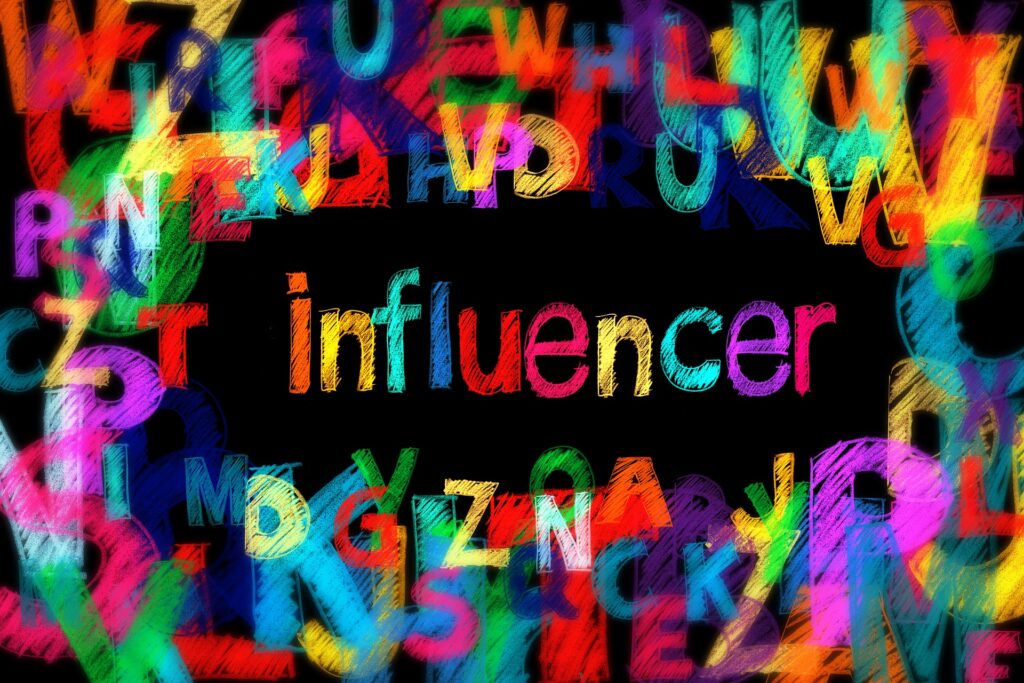
In today’s digital-first world, influencer marketing has rapidly emerged as one of the most effective and trusted strategies for brand promotion. Unlike traditional advertising methods that often feel impersonal or sales-driven, influencer marketing focuses on real, relatable individuals who have built strong personal brands and loyal audiences online.
At its core, the influencer marketing trend is about collaboration. Businesses partner with content creators, thought leaders, or social media personalities—collectively known as influencers—who hold authority or influence within specific communities or industries. These influencers may specialize in areas like fashion, fitness, technology, travel, beauty, or business, and they typically engage with followers on platforms such as Instagram, TikTok, YouTube, LinkedIn, or niche blogs.
What sets this marketing approach apart is its authenticity. Rather than broadcasting generic advertisements, brands gain access to a form of promotion that feels personal and trusted. Influencers often speak in their voice, offering honest opinions or real-life experiences that make the message more relatable. This kind of peer-to-peer endorsement has a significantly higher impact on purchasing decisions than traditional marketing.
The influencer marketing trend is gaining even more momentum in 2025, as consumers become increasingly selective about the content they engage with. Trust is now a key currency. People want to hear from other people they admire, not faceless corporations. And with social media algorithms prioritizing content that sparks engagement, influencer partnerships allow brands to stay visible in an otherwise crowded online space.
From boosting brand awareness to driving traffic, sales, and customer loyalty, the benefits of influencer marketing are hard to ignore. It not only helps brands reach their ideal audience but also builds credibility in a more organic way. This strategy has proven especially valuable for e-commerce businesses, startups, and direct-to-consumer brands looking to gain traction without massive advertising budgets.
Moreover, the influencer marketing trend is evolving quickly. Micro-influencers (with smaller but highly engaged audiences) are proving to be just as impactful, if not more, than celebrity endorsements. Brands are also shifting toward long-term partnerships instead of one-off promotions to cultivate authenticity and deeper connections with their target market.
1. Hyper-Personalization and the Power of Niche Influencers
Gone are the days of broad, generic influencer campaigns. In 2025, brands are leaning into hyper-personalized content created by micro- and nano-influencers who speak directly to tightly-knit communities. These influencers may have smaller followings, but their authenticity and targeted messaging lead to significantly higher engagement rates.
This evolving influencer marketing trend emphasizes quality over quantity. Consumers are more likely to trust and act on recommendations from influencers who understand their specific needs, interests, and lifestyles. As a result, niche marketing is proving to be a game-changer for brands aiming to build deeper connections and long-term customer loyalty.
2. Immersive Campaigns with AR and VR Integration

As augmented reality (AR) and virtual reality (VR) become more mainstream, influencers are incorporating immersive tech into their content strategies. Whether it’s virtual makeup try-ons, interactive fashion shows, or 360-degree product demos, these experiences allow users to engage with products in a more hands-on and memorable way.
This influencer marketing trend enhances consumer interaction, making campaigns more innovative and impactful. Brands partnering with tech-savvy influencers can offer potential customers a taste of their products without ever stepping into a store, redefining the online shopping experience.
3. Smarter Decisions with AI-Powered Influencer Matching
Data is at the core of modern marketing, and influencer campaigns are no exception. In 2025, AI-driven tools will be used to assess engagement metrics, audience authenticity, and content relevance. Today, brands focus less on an influencer’s follower count and more on how well they align with the brand’s mission, values, and target audience.
This analytical approach to the influencer marketing trend helps ensure better ROI and campaign success. Artificial intelligence not only improves influencer selection but also provides real-time insights for tracking performance, optimizing content, and scaling future strategies 4. The Emergence of Virtual Influencers and Digital Avatars.
Virtual influencers eliminate many of the risks associated with human collaborations, such as controversies or unpredictable behavior. Additionally, their futuristic appeal is particularly resonant with Gen Z and digital-native audiences who are already engaging with avatars in gaming, social media, and the metaverse.
5. Value-Based Influencer Partnerships
In an era where consumers prioritize transparency and purpose, influencer campaigns rooted in values are gaining momentum. Today’s audiences want to support brands—and influencers—that stand for something meaningful, such as sustainability, inclusion, mental wellness, or ethical sourcing.
The influencer marketing trend in 2025 sees brands forming deeper relationships with influencers who share their mission and beliefs. These partnerships lead to more authentic storytelling, stronger brand affinity, and greater impact on socially conscious consumers. Brands that align their campaigns with real causes not only earn trust but also build a lasting emotional connection with their audience.
Final Thoughts
The influencer marketing trend in 2025 is no longer just about reach—it’s about relevance, relationships, and real impact. From leveraging advanced technologies to fostering genuine human connections, these evolving trends are shaping a smarter, more strategic future for influencer collaborations.
Brands that adapt to these changes and prioritize authenticity, personalization, and appetitive digital space.
a moment’s digital-first world, influencer marketing has swiftly surfaced as one of the most effective and trusted strategies for brand creation. Unlike traditional advertising styles that frequently feel impersonal or deal-driven, influencer marketing focuses on real, relatable individualities who have erected strong particular brands and a pious cult online.
At its core, the influencer marketing trend is about collaboration. Businesses mate with content generators, allowed leaders, or social media personalities — inclusively known as influencers — who hold authority or influence within specific communities or diligence. These influencers may specialize in areas like fashion, fitness, technology, trip, beauty, or business, and they generally engage with followers on platforms similar as Instagram, TikTok, YouTube, LinkedIn, or niche blogs.